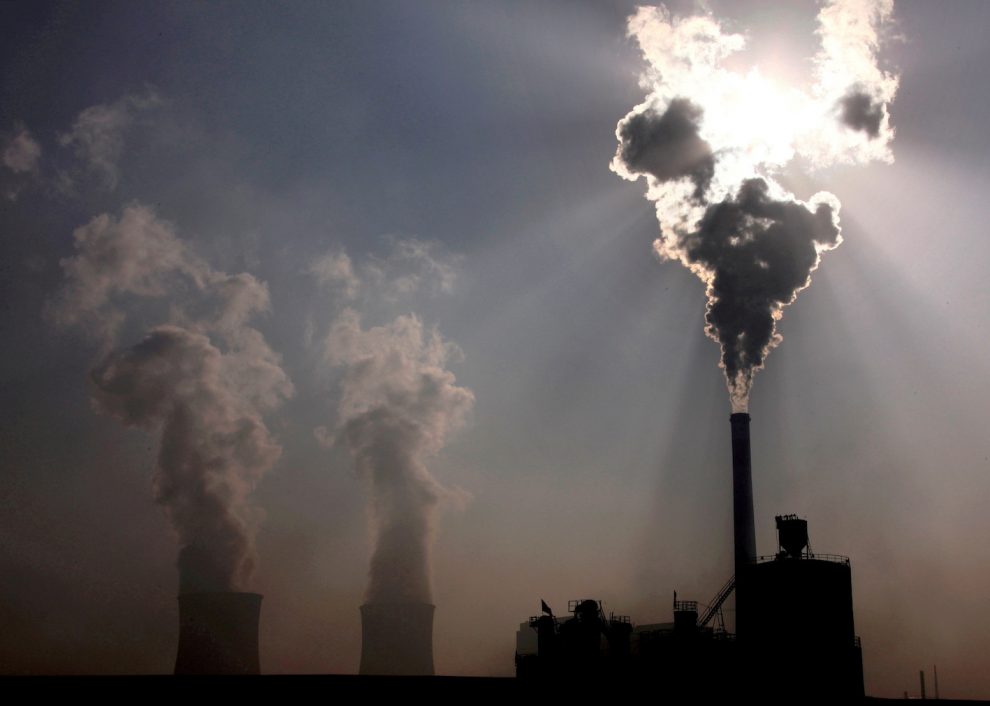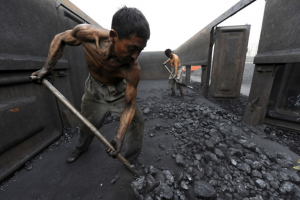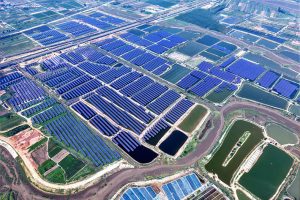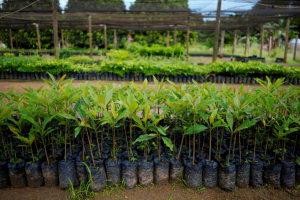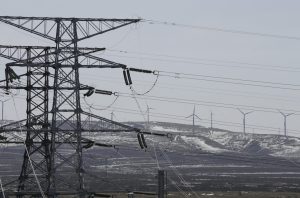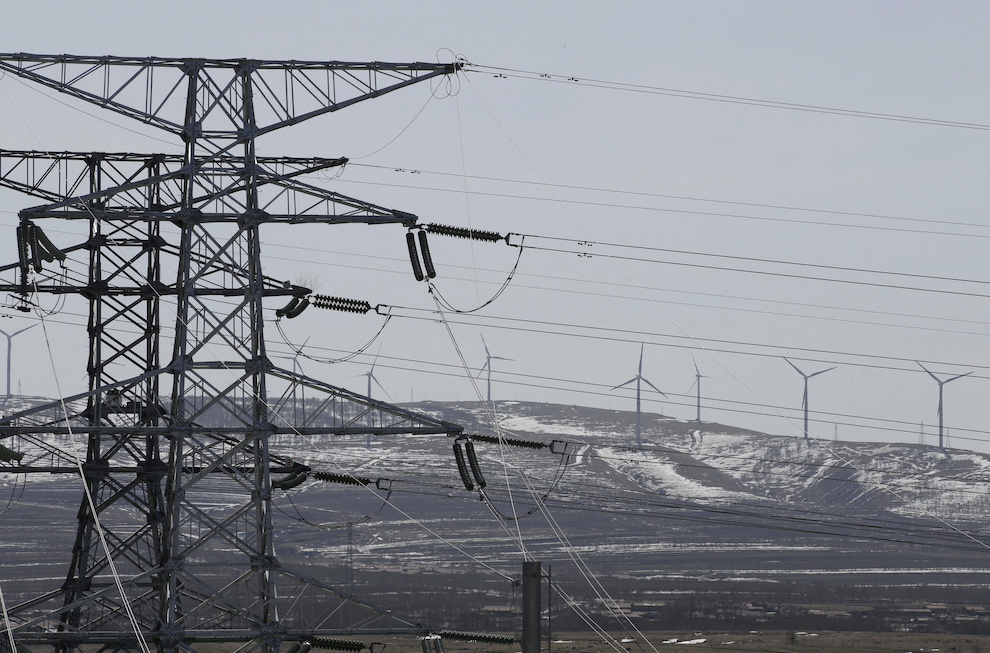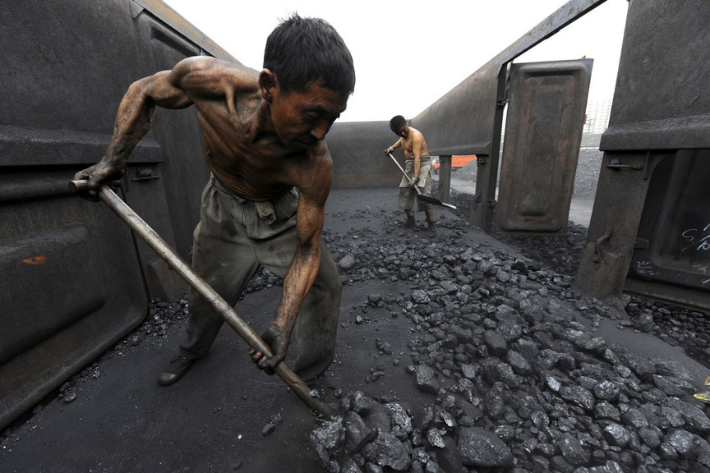The complete phasing-out of fossil fuels is simply not realistic, China’s top climate official has cautioned, and climate-warming fuels will have to play a key role in global energy generation for many years to come.
China is the world’s biggest consumer of fossil fuels including coal and oil, and its special climate envoy, Xie Zhenhua, was responding to comments by ambassadors at a forum in Beijing ahead of the COP28 climate meeting in Dubai in November.
Countries are under pressure to make more ambitious pledges to tackle global warming after a UN-led global “stocktake” said 20 gigatons of additional carbon dioxide reductions would be needed this decade alone to keep temperatures from exceeding the critical threshold of 1.5 degrees Celsius.
Also on AF: China’s AI Startups Facing a Shakeout as Costs Surge
The stocktake will be at the centre of discussions at the COP28 climate meeting, with campaigners hoping it will create the political will to set clear targets to end coal and oil use.
Xie, however, said the intermittent nature of renewable energy and the immaturity of key technologies like energy storage means the world must continue to rely on fossil fuels to safeguard economic growth.
“It is unrealistic to completely phase out fossil fuel energy,” said Xie, who will represent China at COP28 this year.
At climate talks in Glasgow in 2021, China led efforts to change the language of the final agreement from “phasing out” to “phasing down” fossil fuels. China also supports a bigger role for abatement technologies like carbon capture and storage.
While ending fossil fuel use would not be on the table at COP28, Xie said China was open to setting a global renewable energy target as long as it took the divergent economic conditions of different countries into account.
Pelosi Taiwan Visit Derailed Talks
He also said he welcomed pledges made to him by his US counterpart John Kerry that a $100 billion annual fund to help developing countries adapt to climate change would soon be made available, adding it was “only a drop in the bucket”.
China and the United States, the world’s two biggest greenhouse gas emitters, resumed top-level climate talks in July after a hiatus brought about by US politician Nancy Pelosi’s visit to the self-governing island of Taiwan, which China claims.
China has rejected US attempts to treat climate change as a diplomatic “oasis” that can be separated from the broader geopolitical tensions between the two sides, with US trade sanctions on Chinese solar panels still a sore point.
Xie said protectionism could drive up the price of solar panels by 20-25% and hold back the energy transition, and called on countries not to “politicise” cooperation in new energy.
He also reiterated China’s opposition to the EU Carbon Border Adjustment Mechanism, which will impose carbon tariffs on imports from China and elsewhere.
- Reuters with additional editing by Sean O’Meara
Read more:
Fossil Fuel Companies ‘Doing Little to Meet Net Zero Goals’
China Warned to Keep Politics Out of Climate Talks by Kerry
Asia Rocked by More Record Heat in May as Climate Woes Rise
India Emissions See Big Fall; Jakarta World’s Most Polluted City
UN Reveals Draft COP27 Climate Pact, as Debate Rages




